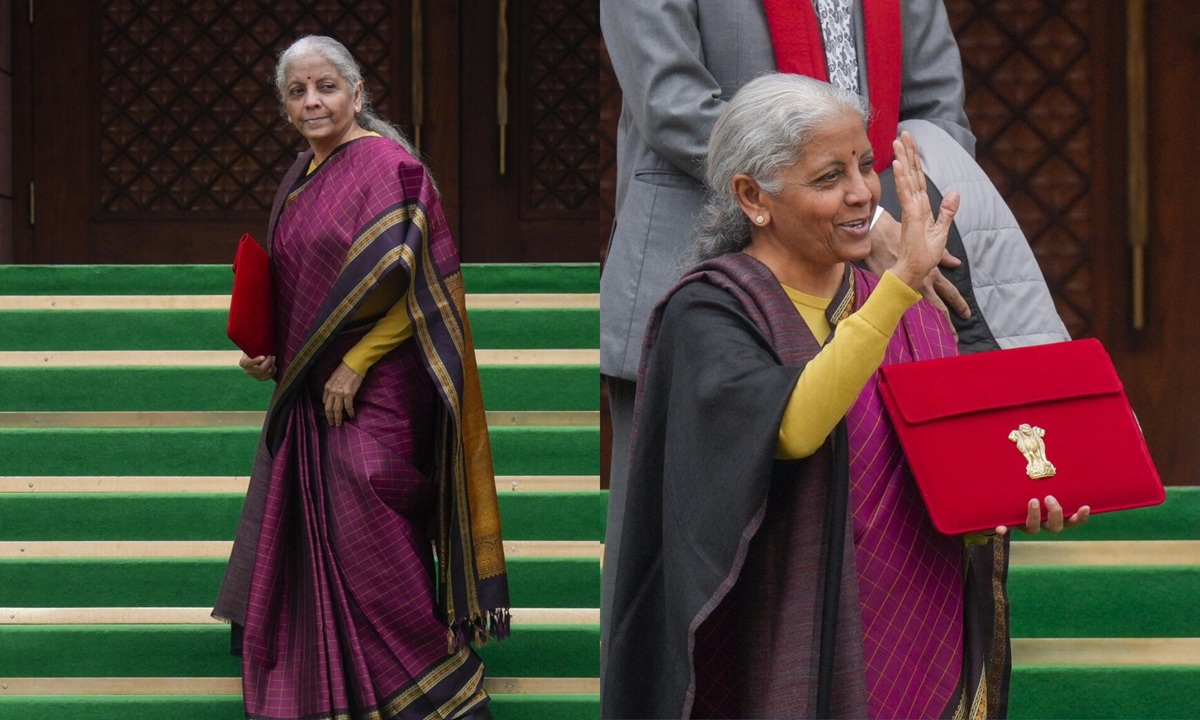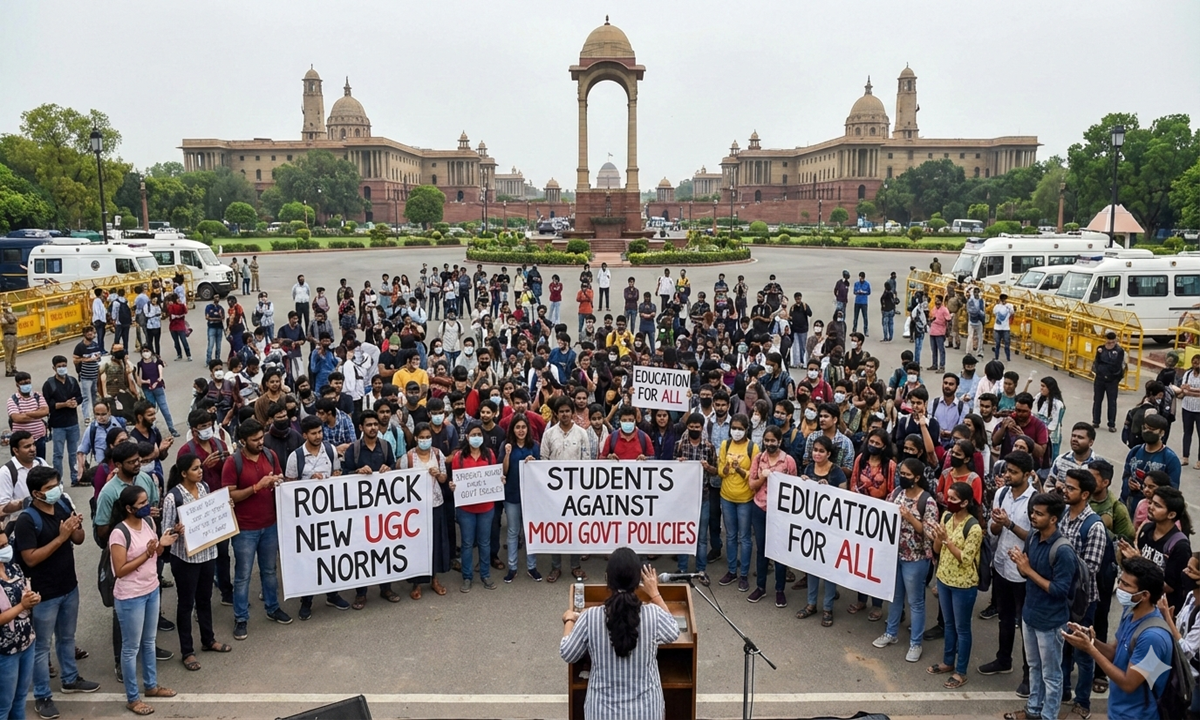
Caste Data In Next Census: A Step Towards Social Justice, Amid Troubling Times
In a significant and long-awaited development, Union Minister Ashwini Vaishnaw on Wednesday confirmed that caste enumeration will be part of the next Census. This announcement, though expected by many, marks a watershed moment in India’s ongoing struggle to reconcile the promise of social justice with the practical architecture of governance. At a time when the country is witnessing both political churn — as seen in the upcoming Bihar Assembly elections — and tragic violence, as in the Pahalgam terror attack, the decision assumes even deeper political and moral meaning.
The call for a caste-based census has echoed across India for years, driven largely by the need to revisit the foundational assumptions of our affirmative action policies. The last such enumeration occurred in 1931, nearly a century ago. In the time since, India has evolved beyond recognition — demographically, economically, and politically. Yet, our welfare programs, reservation policies, and socio-political debates continue to operate in the absence of updated caste data. This disjunction not only undermines the efficacy of policy but also weakens the spirit of inclusivity enshrined in our Constitution.
The decision’s timing is telling. Bihar, where caste politics is both overt and deeply rooted, is headed for Assembly elections. It is the very crucible where the politics of Mandal and Kamandal have long competed for primacy. In such a context, the announcement is bound to influence campaign rhetoric and voter mobilization, especially among backward caste and Dalit communities who have increasingly demanded greater recognition and representation.
However, while the inclusion of caste enumeration in the Census is a progressive step, it is not without risks. Social scientists and policy planners must be vigilant to prevent data misuse or reductionist interpretations. Caste identity is complex — overlapping with class, region, and religion — and any enumeration exercise must be coupled with safeguards to ensure that data is used constructively, not divisively.
Meanwhile, the nation’s attention is also turned to the tragic terror attack in Pahalgam. The loss of life in yet another act of senseless violence reminds us of the fragile calm in Kashmir, and the unfinished work of ensuring security and reconciliation in the Valley. It is a sobering reminder that even as we seek to correct historical social injustices through policy, we cannot afford to ignore the immediate threats to national integrity and civilian safety.
India today stands at a junction where old hierarchies are being questioned, new data-driven governance models are being demanded, and the need for national unity is more urgent than ever. The inclusion of caste enumeration in the Census is a necessary and progressive move. But its success will depend not just on data collection, but on how wisely — and justly — we choose to use that data in shaping the India of tomorrow.
Cabinet Briefing by Union Minister @AshwiniVaishnaw @PIB_India https://t.co/LZ0WL9ipiW
— Ministry of Information and Broadcasting (@MIB_India) April 30, 2025
Popular Categories
Read More Articles
Business
Why India’s Next Banking Crisis Won’t Start With Bad Loans by Malik Mubashir February 2, 2026Business
Budget 2026: Big Push for Orange Economy to Create 2 Million Skilled Professionals with ₹250 Cr for Animation Labs by Awadh 360° Desk February 1, 2026Business
'Union Budget 2026 reinforces India’s manufacturing ambitions': Entrepreneurs react to announcements by FinMin Nirmala Sitharaman by Awadh 360° Desk February 1, 2026Education
What is the UGC equity rule controversy that has triggered protests and resignations? by Awadh 360° Desk January 28, 2026



